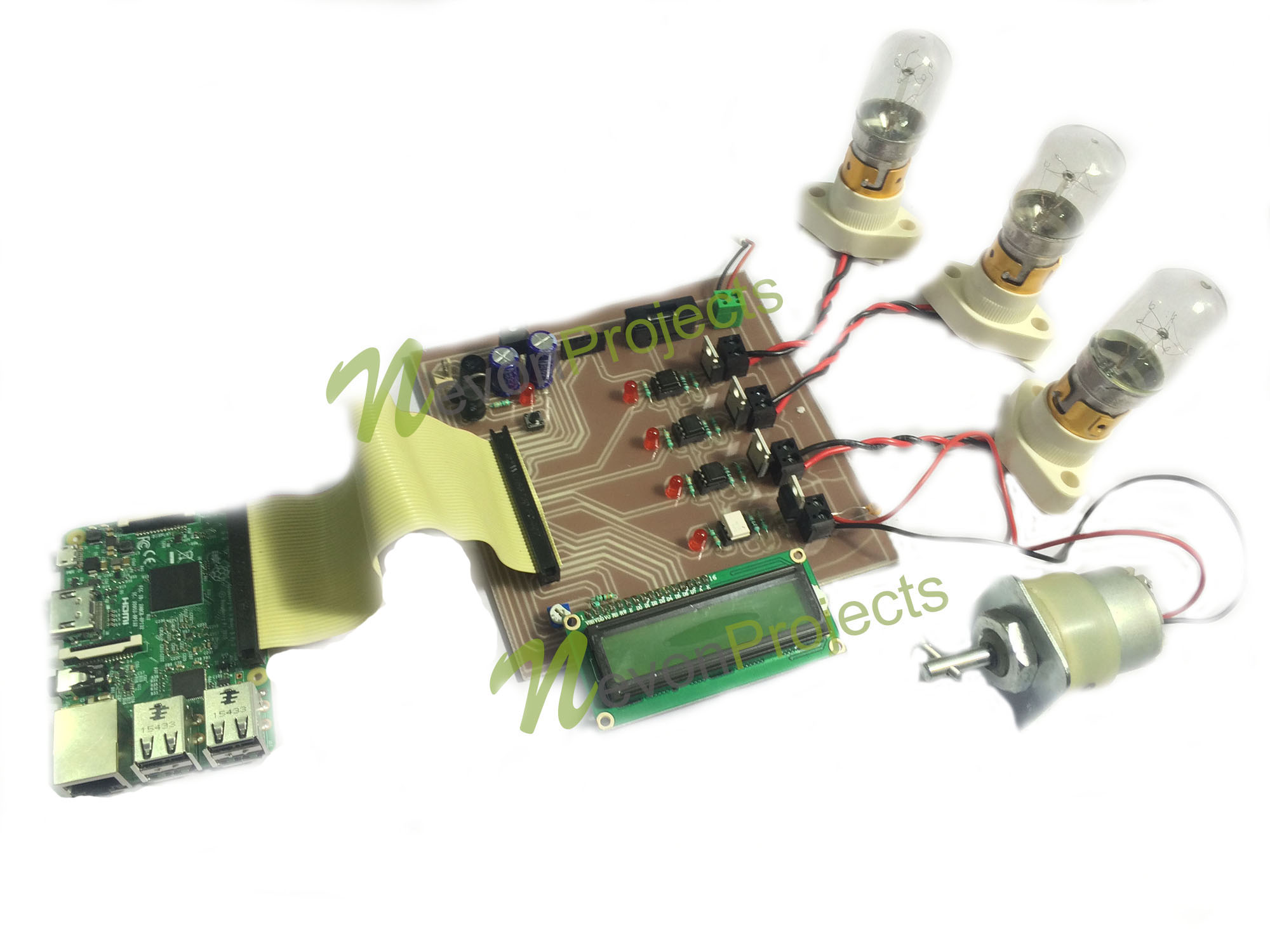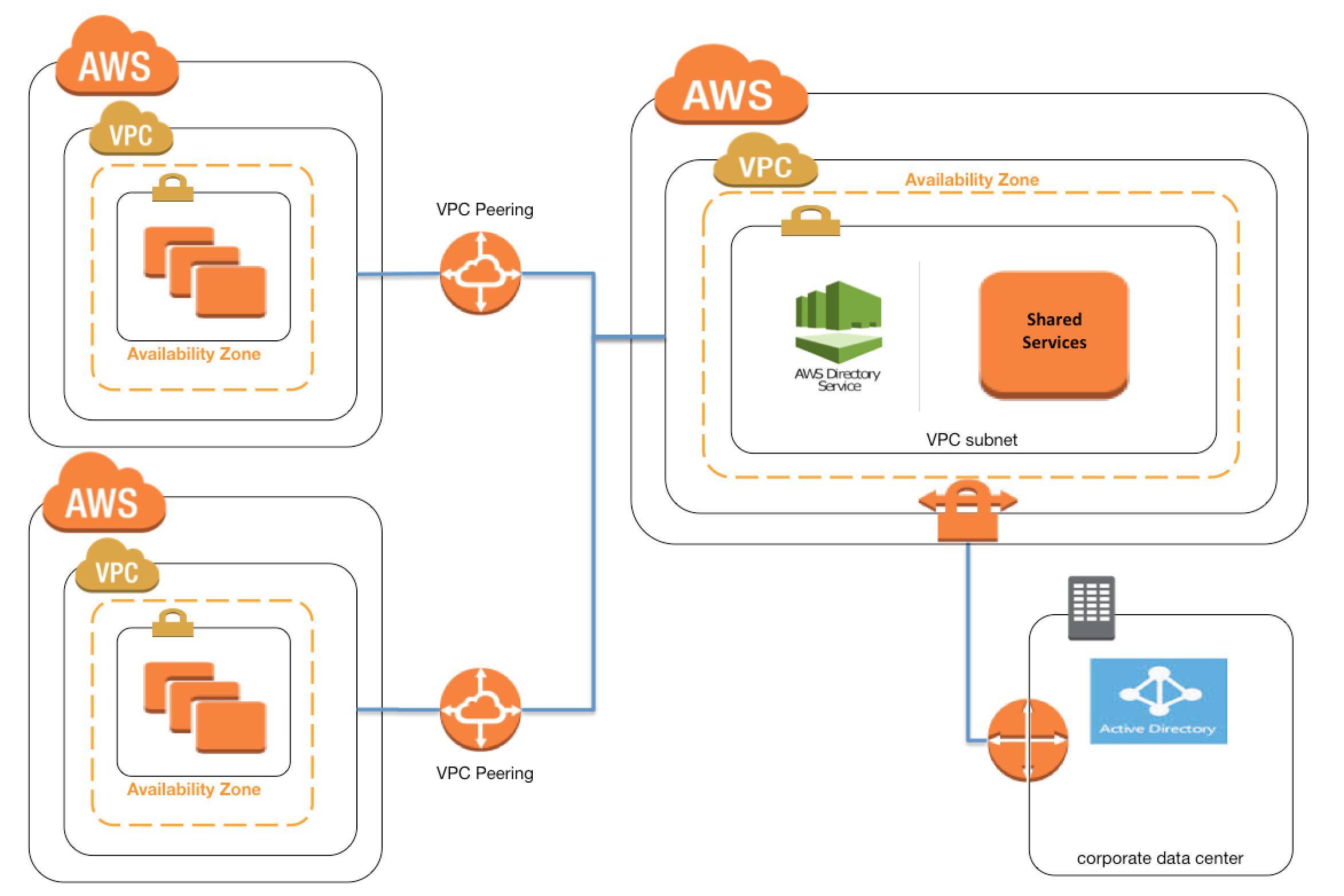Hey there, tech-savvy friend! If you're reading this, chances are you're diving deep into the world of IoT and cloud computing. Securely connecting a remote IoT VPC on your Raspberry Pi might sound like a daunting task, but don't sweat it—we’ve got you covered. In this guide, we’ll walk you through everything you need to know to securely connect your Raspberry Pi to a remote IoT VPC for free. Let’s get started!
This isn’t just another tech article; it’s your go-to resource for setting up a secure connection without breaking the bank. Whether you're a beginner or a seasoned pro, this guide will help you navigate through the complexities of IoT networks, VPC configurations, and Raspberry Pi setups.
So, why are we focusing on securely connecting remote IoT VPC Raspberry Pi? Because it’s the future of smart devices! With more and more gadgets joining the IoT ecosystem, ensuring security is crucial. This article will give you the tools and knowledge to protect your data while exploring the limitless possibilities of IoT.
- Mms Videos The Ultimate Guide To Understanding And Utilizing Them
- Vega Movies 18 Your Ultimate Guide To Streaming Adult Content Safely
What is IoT VPC and Why Should You Care?
Alright, let’s break it down. IoT (Internet of Things) refers to the network of physical devices embedded with sensors, software, and connectivity to exchange data with other devices and systems over the internet. VPC (Virtual Private Cloud) is like your private playground where you can host these IoT devices securely.
Why does it matter? Well, imagine your smart home devices chatting with each other without any eavesdroppers. That’s what a secure IoT VPC setup can do for you. Plus, it’s scalable, meaning you can add more devices as needed without compromising performance or security.
Here’s a quick list of why IoT VPC is a game-changer:
- Enhanced Security
- Scalability
- Cost-Effective
- Centralized Control
Understanding Raspberry Pi in IoT
Now, let’s talk about the star of the show: the Raspberry Pi. This tiny yet powerful device is like the Swiss Army knife of IoT projects. It’s affordable, versatile, and perfect for setting up a secure IoT VPC connection.
Here are some key features that make Raspberry Pi ideal for IoT:
- Low Power Consumption
- Compact Size
- Wide Range of GPIO Pins
- Support for Multiple Operating Systems
Plus, with the right setup, you can turn your Raspberry Pi into a mini server capable of handling complex IoT tasks. Pretty cool, right?
Step-by-Step Guide to Securely Connect Remote IoT VPC Raspberry Pi
Let’s dive into the nitty-gritty of setting up a secure connection between your Raspberry Pi and a remote IoT VPC. Follow these steps carefully, and you’ll be up and running in no time.
1. Prepare Your Raspberry Pi
Before we begin, make sure your Raspberry Pi is ready to roll. Here’s what you need:
- Raspberry Pi (any model will do)
- MicroSD Card with Raspberry Pi OS installed
- Power Supply
- Network Connection (Wi-Fi or Ethernet)
Pro tip: Use the latest version of Raspberry Pi OS for the best performance and security.
2. Set Up Your VPC
Next, you’ll need to create a VPC in your cloud provider of choice. AWS, Google Cloud, and Azure all offer free tiers that are perfect for testing. Here’s how you can set up a VPC:
• Log in to your cloud provider’s console
• Navigate to the VPC section
• Create a new VPC with a custom CIDR block
• Configure security groups to allow only necessary traffic
3. Configure SSH for Secure Access
SSH (Secure Shell) is your best friend when it comes to remote access. Here’s how to set it up:
- Enable SSH on your Raspberry Pi
- Generate SSH keys for authentication
- Set up port forwarding on your router
Remember, always use strong passwords and keep your SSH keys safe!
Free Tools to Securely Connect IoT VPC Raspberry Pi
Now, let’s talk about the tools you’ll need to securely connect your IoT VPC to your Raspberry Pi. The good news? Most of them are free!
Here’s a list of must-have tools:
- OpenSSH: For secure remote access
- Mosquitto: MQTT broker for IoT communication
- WireGuard: For secure tunneling
- NGINX: For reverse proxy and load balancing
Each of these tools plays a crucial role in ensuring your IoT setup is both secure and efficient. Plus, they’re all open-source, so you don’t have to worry about licensing fees.
Best Practices for Secure IoT VPC Raspberry Pi Setup
Setting up a secure IoT VPC Raspberry Pi connection isn’t just about the tools you use; it’s also about following best practices. Here are some tips to keep your setup secure:
- Regularly update your software and firmware
- Use strong, unique passwords for all accounts
- Monitor your network for suspicious activity
- Limit access to only trusted devices
By following these practices, you can significantly reduce the risk of unauthorized access and data breaches.
Troubleshooting Common Issues
Even with the best setup, things can go wrong. Here are some common issues you might encounter and how to fix them:
1. Unable to Connect via SSH
Make sure SSH is enabled on your Raspberry Pi and that your firewall rules allow SSH traffic. Double-check your IP address and port number.
2. MQTT Communication Problems
Verify that your MQTT broker is running and that your devices are correctly subscribed to the appropriate topics. Check your network connectivity as well.
3. Slow Performance
Optimize your VPC settings and ensure your Raspberry Pi has enough resources. Consider upgrading your hardware if needed.
Real-World Applications of Secure IoT VPC Raspberry Pi
So, what can you actually do with a securely connected IoT VPC Raspberry Pi setup? The possibilities are endless! Here are a few examples:
- Smart Home Automation
- Remote Monitoring of Industrial Equipment
- Environmental Monitoring
- Healthcare Device Integration
These applications not only enhance convenience but also improve safety and efficiency in various industries.
Future Trends in IoT and VPC
As technology continues to evolve, so does the world of IoT and VPC. Here are some trends to watch out for:
- Edge Computing: Processing data closer to the source
- AI Integration: Using machine learning to enhance IoT capabilities
- 5G Connectivity: Faster and more reliable network speeds
Staying ahead of these trends will help you make the most out of your IoT VPC Raspberry Pi setup.
Conclusion and Call to Action
And there you have it, folks! A comprehensive guide to securely connecting a remote IoT VPC on your Raspberry Pi for free. By following the steps outlined in this article, you’ll be well on your way to creating a secure and efficient IoT setup.
But don’t stop here! There’s always more to learn and explore in the world of IoT. Why not share your experiences or ask questions in the comments below? And if you found this article helpful, don’t forget to share it with your tech-savvy friends.
Thanks for reading, and happy tinkering!
Table of Contents
- What is IoT VPC and Why Should You Care?
- Understanding Raspberry Pi in IoT
- Step-by-Step Guide to Securely Connect Remote IoT VPC Raspberry Pi
- Free Tools to Securely Connect IoT VPC Raspberry Pi
- Best Practices for Secure IoT VPC Raspberry Pi Setup
- Troubleshooting Common Issues
- Real-World Applications of Secure IoT VPC Raspberry Pi
- Future Trends in IoT and VPC
- Conclusion and Call to Action
- Unleashing The Power Of 300mb Movies Your Ultimate Guide
- Veghamovies Your Ultimate Destination For Latest Movie Releases


